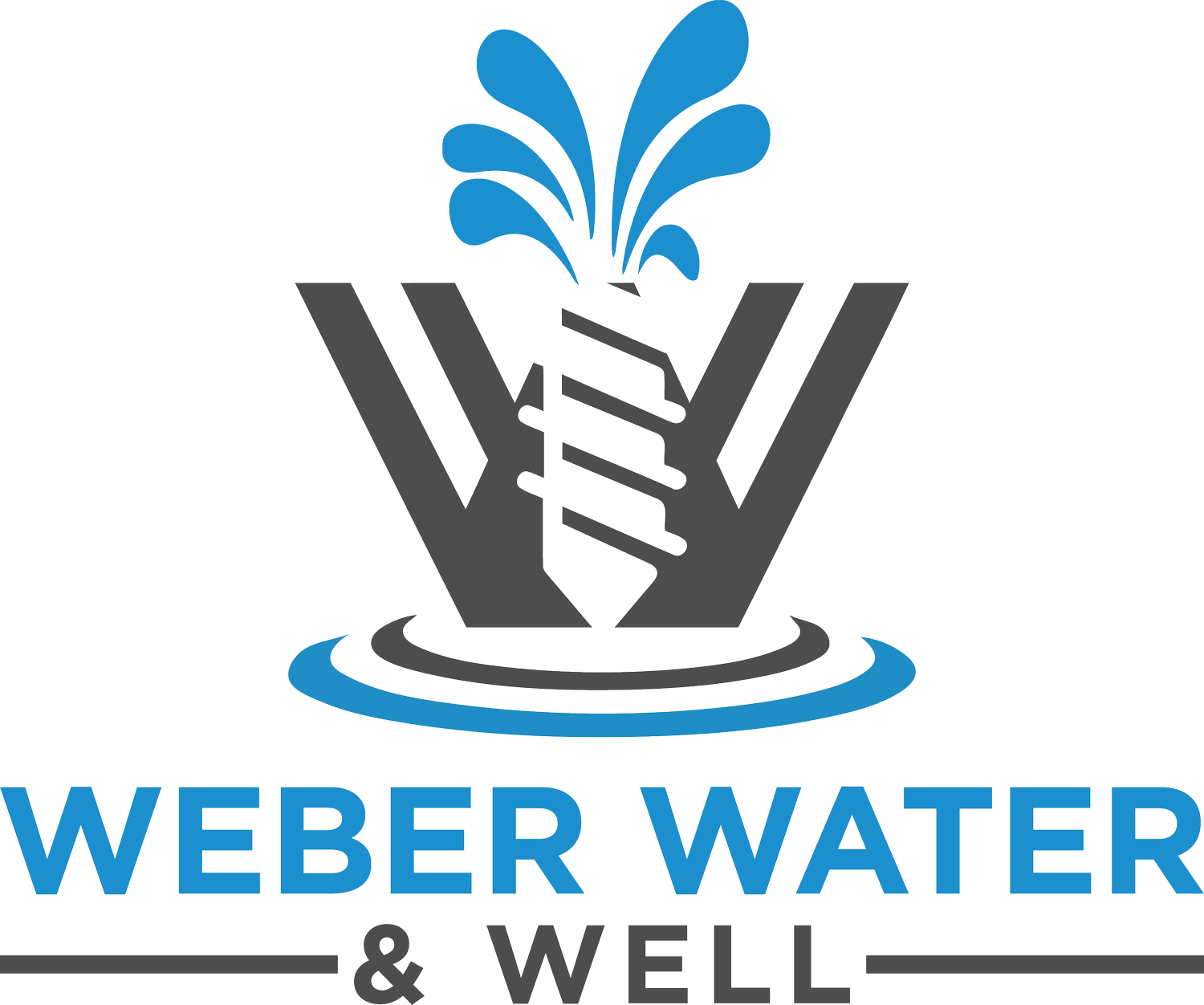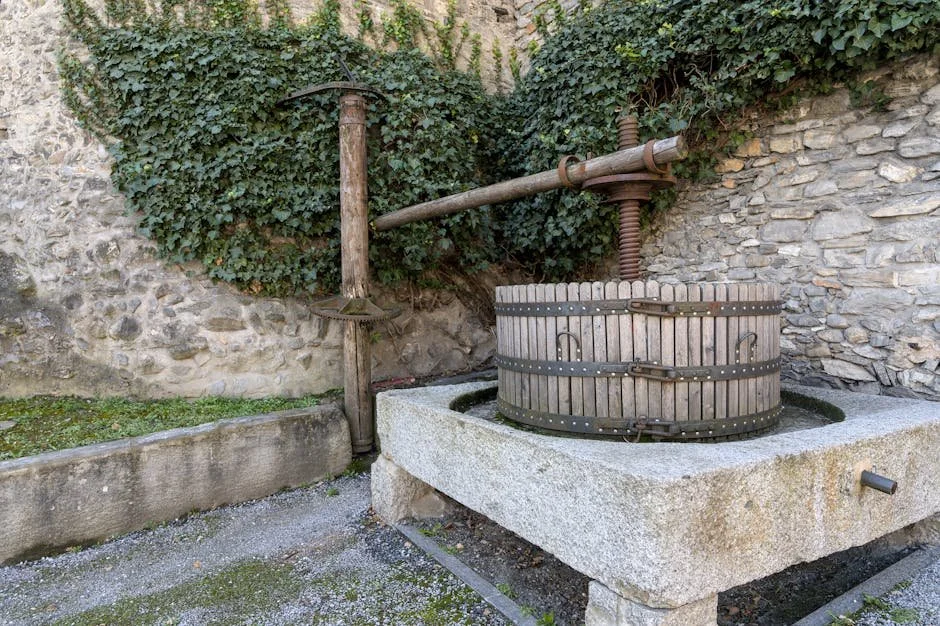Water Safety 101: Understanding the Importance of Regular Well Drilling and Maintenance
Diving deep into the essentials of water safety, the role of well drilling and maintenance emerges as a crucial aspect of ensuring clean and reliable water sources. Join us on a journey to explore the significance of proactive well care, from the initial drilling process to regular upkeep.
The Basics of Well Drilling
Starting with well drilling, this foundational process involves the creation of a water well to tap into underground water sources. Properly sited and constructed wells are essential for obtaining clean, uncontaminated water. Professionals use advanced equipment and techniques to ensure the well is efficiently established.
The depth and location of a well are critical factors influencing its water quality and yield. Factors such as geological formations, soil composition, and water table levels play a significant role in determining the success of the drilling endeavor. Careful planning and expert execution are vital at this stage.
As the well is drilled, protective casing is installed to prevent contamination from surface water or surrounding pollutants. This casing helps maintain water purity by shielding the well from external factors that could compromise its integrity. Ensuring a secure well structure is paramount for long-term water safety.
Regular monitoring and testing post-drilling are essential to verify water quality and identify any potential issues. Water samples are analyzed for various contaminants, ensuring that the water remains safe for consumption. Establishing a routine testing schedule is crucial for early detection of any water quality concerns.
Maintaining Your Water Well System
Once the well is in operation, maintenance becomes a key aspect of preserving its functionality and efficiency. Regular maintenance tasks include inspecting the well structure, testing the water pump, and evaluating water flow rates to ensure everything is in optimal condition.
Periodic well inspections help identify signs of wear, corrosion, or damage that may compromise the well's performance. Addressing any issues promptly can prevent more extensive and costly repairs down the line. Well maintenance is a proactive approach to safeguarding your water supply.
Maintaining proper well sanitation practices is also crucial for preventing bacterial contamination and ensuring water purity. Well disinfection procedures, such as shock chlorination, help eliminate harmful bacteria and pathogens that may be present in the water supply.
Additionally, regular well pump maintenance is essential for ensuring uninterrupted water flow. Pump efficiency checks, lubrication, and electrical assessments help maintain the pump's performance and extend its lifespan. Well owners should adhere to recommended maintenance schedules for optimal system operation.
By staying proactive in well drilling and maintenance, you not only protect your water source but also safeguard the health and well-being of your household. Implementing best practices and seeking professional guidance when needed can ensure a reliable and sustainable water supply for your property.
In conclusion, when it comes to well drilling and maintenance, staying ahead of potential issues is key to safeguarding your water quality and supply. By prioritizing regular checks and prompt repairs, you can ensure a sustainable and healthy water system for years to come.


